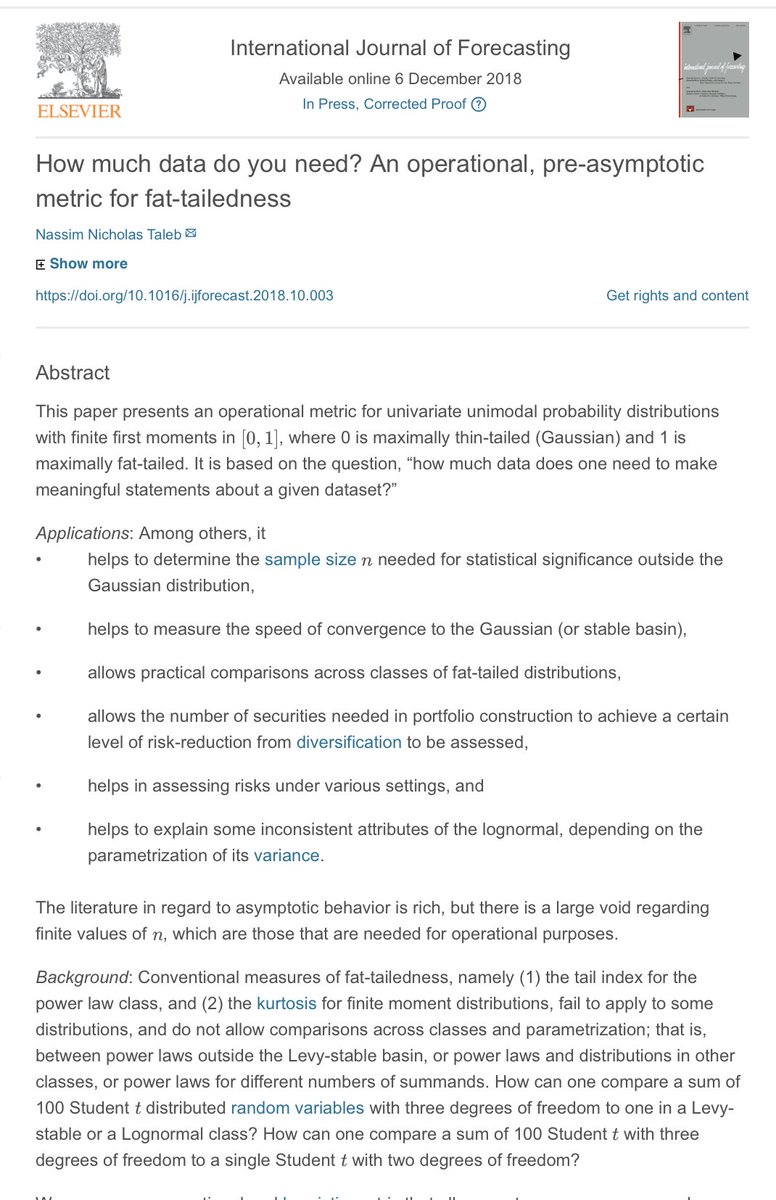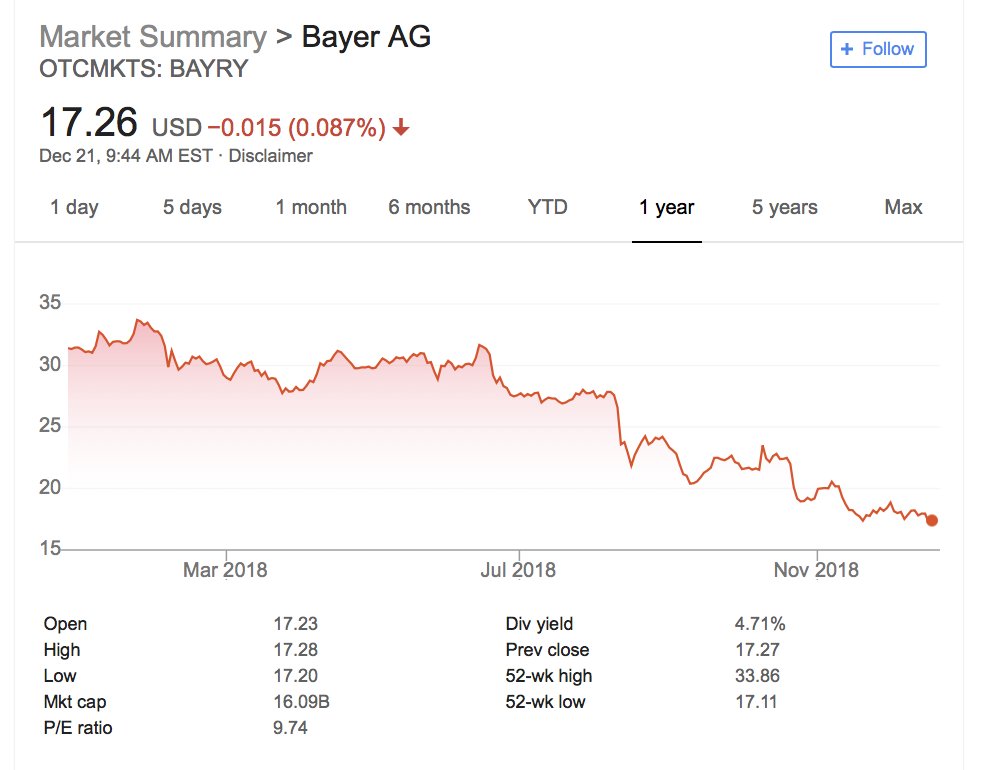I had developed a way of thinking about retention that I thought was useful.
I'm not sure if you've ever felt what it's like to work in an empty office, when it was previously bustling. It doesn't feel good.
There are two common misconceptions here.
1) People leave because you don't pay them enough.
2) People leave bad managers, not bad jobs.
Both are overly reductive, and don't survive a test with reality.
So what factors are predictive? I think there are 6.
- They aren't growing enough.
- No autonomy.
- The work doesn't fit into their lives.
- Compensation is an issue.
- They have a terrible relationship with their coworkers, or with their immediate boss.
- Disillusionment with mission/purpose.
Rather, think of these as six dimensions with which to evaluate flight risk. Once a subordinate has had 'enough', they're out.
1. Figure out how important each of these 6 dimensions are for each of your subordinates.
2. Check to see those 6 dimensions are ok.
But apart from that, the 6 reasons are pretty useful.
I then hired 2 managers and trained them to replace me when I left, and taught them this framework. I also started sharing it with friends — many of whom have helped refined the framework.






